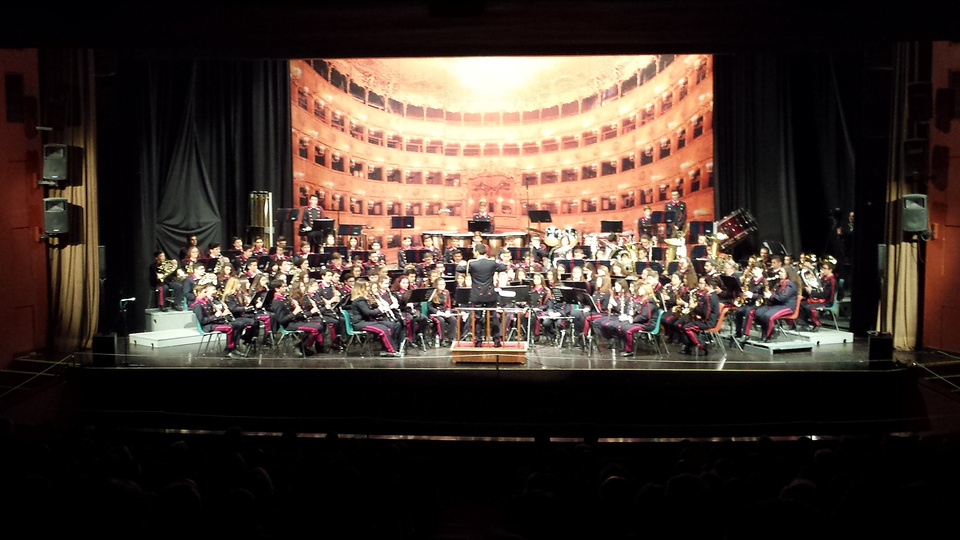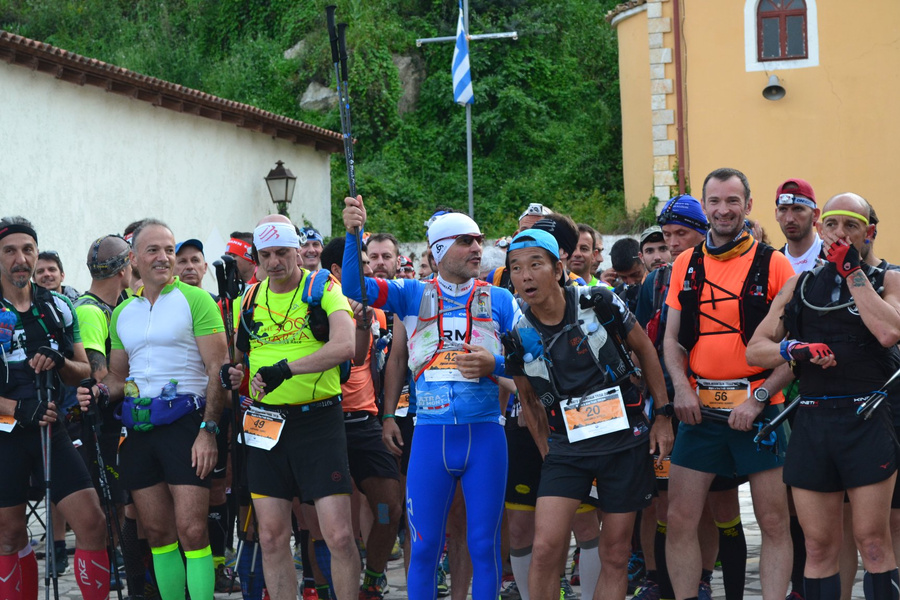




From every point of view, Corfu is the most western region in Greece. An island known worldwide as a tourist destination, with undisputed natural, historical and cultural wealth, it has attracted travelers from all over the world, has generated timeless schools of Fine Arts, has demonstrated how sublimely green and blue can combine. Besieged by many nations, it has been governed by the Venetians, the French and the British, who always coveted its economic strength and its strategic geographical position. Greece is often described as standing between East and West, but this applies even more to Corfu, which, whilst maintaining its Hellenic origins, has enriched them with with western influences. Thus it has developed a complex culture, and a way of life which breaks free from the classic Greek model. From ancient times until today it has been a point of reference for all the elements which make up the human personality. Evolution, exploration, enjoyment, love, tradition, joy and surprise are all to be found here, caught in the wheel of time. Hyperbole? You can find that here, too, in the westernmost region of Greece.
The Prefectural District of Corfu (Corfu, Paxos, Antipaxos and the Diapontian Islands) extends over 641 square kilometres and has a population of 115.473, of which a third live in the town of Corfu. Almost without exception, the inhabitants are hospitable and kind, and their conversation is full of humour and spontaneity.The fruitful countryside, both beautiful and historic, has vested the Corfiots with a sense of belonging, and at the same time has not forced them to leave their homeland to search out employment. The few Corfiots who have emigrated are mostly from the outlying Diapontian Islands or from especially poor families. The rest remain on the island and mostly are involved in tourism and agriculture.
Today Corfu offers a complete range of services which are bound to satisfy the most demanding visitor. The facilities provided by the isand's tourism infrastructure have made Corfu the most popular destination for various forms of alternative tourism.
Thus in March and April, when students all over Greece take their annual school trip, the island is taken over by 17 year-old 'conquerors' who, in their school assemblies, have voted for 'holidays in Corfu'.
In the spring and the summer, the 800 churches of the island await religious visitors, who light a candle and worship before the wonderful icons.
The frequent daily ferry services to Italy and flights to destinations all over the world have reduced distances, allowing Corfu to develop as a melting point of peoples and cultures. Thus, every year conferences, seminars, symposia, summer schools and academies are organized, mainly by the superactive Ionian University.
International festivals such as the Corfu Food & Wine Festival, the Beer Festival, the Piano Plus Festival, the Literature Festival, the Folk Dance Festival, the Choral Festival and the Greek music festival Seven Festival.
International running races such as the famed Corfu Mountain Trail, the extreme Greek X Hero triathlon, the Corfu Old Town Trail and the Corfu Semi-marathon as well as various sports, arts and music events.
In the following sections you will find details of actions that justify Corfu's reputation as a modern multicultural centre.
Feel the pulse of the island, with its strong cultural connections, its devout religious celebrations. Learn the words you will need.
History: The march of history in Corfu, from ancient times until the present day.
Nature: Nature with lush vegetation, unspoilt beaches, traditional villages.
Faith: The religious beliefs of the Corfiots, and Saint Spiridon. All the processions. When they take place and why.
Culture: Once, there were people living in Corfu who practised the arts. Historical events, chance, the status quo, favoured them, and subsequent generations built on the foundations they created. Artists, writers, poets, scholars and architects lived side by side in Corfu for many years, forming the unique 'culture club'.